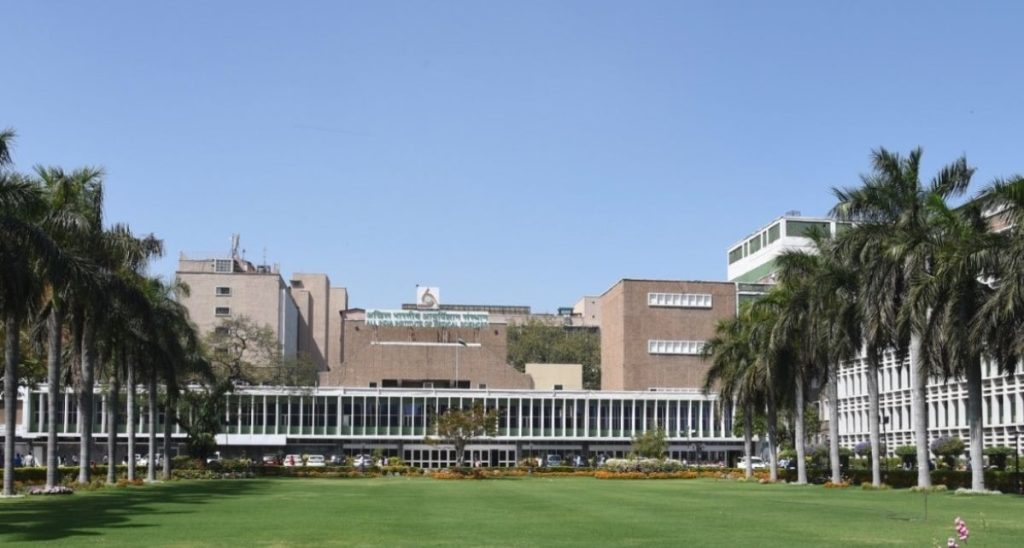MBBS: Bachelor of Medicine, Bachelor of Surgery – Complete Guide
MBBS (Bachelor of Medicine, Bachelor of Surgery) is one of the most prestigious undergraduate programs in the field of medical sciences. It is the gateway to becoming a doctor and practicing medicine in India or abroad. MBBS is a professional degree that equips students with the knowledge of anatomy, physiology, pharmacology, pathology, microbiology, community medicine, and clinical practices.
If you aspire to serve humanity as a medical professional, MBBS is the first and most important step in your journey.
What is MBBS?
MBBS stands for Medicinae Baccalaureus, Baccalaureus Chirurgiae in Latin, which translates to Bachelor of Medicine and Bachelor of Surgery. Despite being two degrees, it is awarded as one combined degree in India and most Commonwealth nations.
This course trains students in both theoretical knowledge and practical skills of medicine, preparing them to work in hospitals, clinics, and healthcare institutions.
Duration of MBBS in India
The MBBS program in India is of 5.5 years duration, which includes:
- 4.5 years of academic study (theory + practicals + clinical exposure)
- 1 year of mandatory internship (rotational in different departments like Medicine, Surgery, Pediatrics, Gynecology, Orthopedics, etc.)
During the internship, students work as interns in hospitals to gain real-life patient-handling experience.
MBBS Eligibility Criteria
To pursue MBBS in India, candidates must fulfill the following eligibility requirements:
- Qualification: Passed 10+2 (Class 12) with Physics, Chemistry, Biology (PCB) and English as core subjects.
- Minimum Marks: At least 50% aggregate marks in PCB (40% for SC/ST/OBC).
- Age Limit: Minimum 17 years of age at the time of admission.
- Entrance Exam: Must qualify NEET-UG (National Eligibility cum Entrance Test), which is mandatory for MBBS admission in India.
MBBS Admission Process in India
- Qualify NEET-UG Exam – Conducted by NTA (National Testing Agency).
- Counselling Process – Through MCC (Medical Counselling Committee) for All India Quota seats (15%) and through respective state counselling authorities for State Quota seats (85%).
- Seat Allotment – Based on NEET rank, preference, category, and availability.
- Document Verification & Admission – Submit required documents and pay the admission fee.
MBBS Entrance Exam: NEET-UG
- Conducting Body: National Testing Agency (NTA)
- Mode: Pen and paper (offline)
- Subjects: Physics, Chemistry, Biology (Class 11 & 12 syllabus)
- Duration: 3 hours 20 minutes
- Total Questions: 200 (180 to be attempted)
- Total Marks: 720
Without qualifying NEET-UG, admission into MBBS is not possible in India.
MBBS Syllabus
The MBBS syllabus is vast and spread across 9 semesters (4.5 years), followed by 1-year internship.
Phase-wise MBBS Curriculum:
- Pre-Clinical Phase (1st Year)
- Anatomy
- Physiology
- Biochemistry
- Para-Clinical Phase (2nd Year)
- Pharmacology
- Pathology
- Microbiology
- Forensic Medicine
- Community Medicine
- Clinical Phase (3rd & Final Year)
- General Medicine
- General Surgery
- Obstetrics & Gynecology
- Pediatrics
- Orthopedics
- Ophthalmology
- ENT (Ear, Nose & Throat)
- Psychiatry & Dermatology
- Internship (1 Year) – Practical training in all major medical departments.
MBBS Fees in India
The fees for MBBS vary widely depending on the type of institution:
- Government Medical Colleges: ₹10,000 – ₹2,00,000 per year
- Private Medical Colleges: ₹7,00,000 – ₹25,00,000 per year
- Deemed Universities: ₹10,00,000 – ₹30,00,000 per year
- NRI Quota Seats: USD 25,000 – 50,000 per year (varies by college)
Top MBBS Colleges in India
Some of the best MBBS colleges in India include:
- AIIMS, New Delhi
- Christian Medical College (CMC), Vellore
- Armed Forces Medical College (AFMC), Pune
- JIPMER, Puducherry
- Maulana Azad Medical College (MAMC), New Delhi
- King George’s Medical University (KGMU), Lucknow
- Kasturba Medical College (KMC), Manipal
Career Options After MBBS
After completing MBBS, students have multiple career opportunities:
- Postgraduate Studies (MD/MS/DNB) – Specialization in a particular branch (e.g., Cardiology, Orthopedics, Pediatrics).
- Practice as a Doctor – Work in government/private hospitals or open own clinic.
- Research & Academics – Become a medical researcher or professor.
- Healthcare Administration – Work in hospital management & administration.
- Jobs Abroad – Clear FMGE/USMLE/PLAB exams to practice overseas.
Salary After MBBS in India
- Internship Stipend: ₹15,000 – ₹30,000 per month (depending on the state/college).
- Government Doctor Salary: ₹60,000 – ₹1,20,000 per month.
- Private Hospital Doctors: ₹50,000 – ₹2,00,000 per month (depends on specialization & hospital).
- Specialized Doctors (after PG): ₹2,00,000 – ₹5,00,000+ per month.
Why Choose MBBS?
- High respect and prestige in society.
- Opportunity to save lives and serve humanity.
- Diverse career opportunities in medicine, surgery, research, and administration.
- Stable and high-paying career path.
Conclusion
MBBS is not just a degree but a commitment to society and humanity. It requires hard work, dedication, and compassion. For students passionate about becoming doctors, MBBS is the most rewarding career choice.
If you are preparing for MBBS admissions, focus on your NEET-UG preparation, stay updated on counselling procedures, and choose your college wisely.
👉 Platforms like CollegeKampus can help you with college selection, counselling guidance, and admission support to make your MBBS journey smoother.









